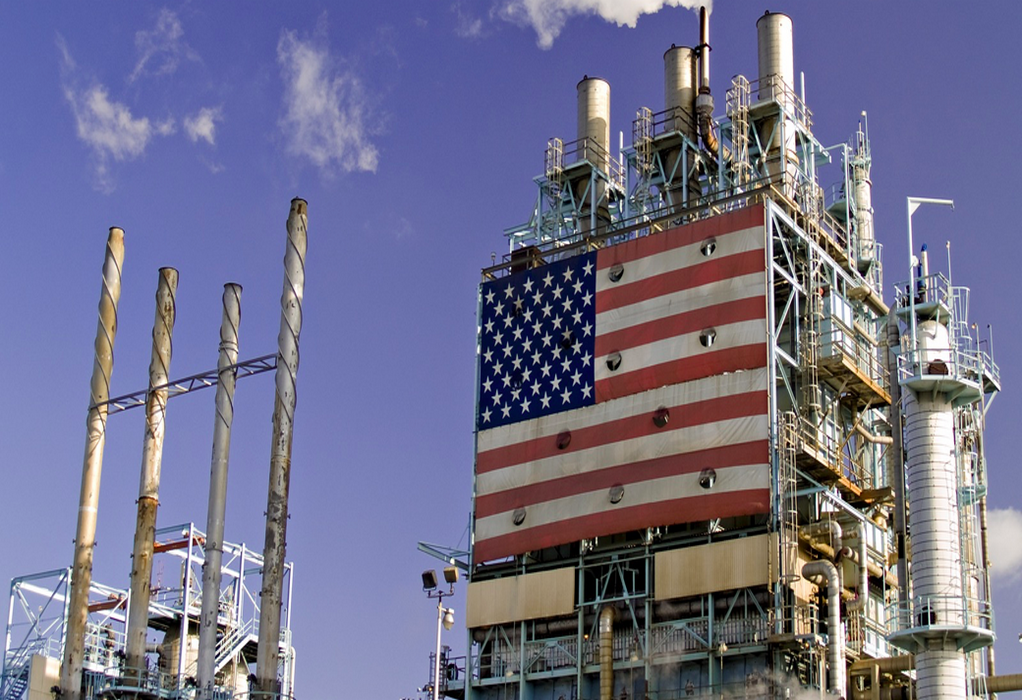Asian refiners cheered US President Joe Biden’s decision to release 1 million b/d of oil from the US’ strategic petroleum reserves as the release may lead to more light sweet US crude exports to the Far East, while spot crude price differentials across the globe could fall should US refineries cut back on feedstock imports.
Previous SPR releases from the US, as well as other top Asian oil consuming nations, were miniscule in terms of market impact as the volumes released were less than a few days of Asia’s total spot cargo purchases, but refiners and crude traders across Asia said this grand scale US SPR release could make a difference in the market.
The Biden administration committed March 31 to selling an unprecedented 1 million b/d from US emergency oil stockpile from May through October.
Refiners at major Asian US crude importers, including South Korea, India, Taiwan and Thailand, indicated that they would closely monitor whether additional US supplies would be available for international buyers.
Feedstock managers at these Asian refiners said although the SPR releases aim to serve primarily US domestic end-users, oil majors and trading companies in the North American market may have accumulated surplus light sweet crude barrels that they could push to the Far Eastern market.
As the SPR progressively feeds into the US’ domestic refinery systems, South Korean refiners are expecting to see more light sweet crude and condensate supplies from the Permian basin and Eagle Ford shale to find their way into international markets, according to Korea Petroleum Association based in Seoul.
South Korea, the US’ biggest crude customer in East Asia, is especially keen to take as many cargoes from the US as possible as they continue to favor competitive US barrels in times of surging benchmark oil prices.
South Korean refiners paid on average $90.11/b for shipments of US crude in February, lower than $92.07/b paid for Saudi grades, latest data from state-run Korea National Oil Corp. showed.
Meanwhile, Taiwanese end-users said they are also keen to take any surplus US export barrels if and when available.
“US refinery systems prefer heavier crudes anyway so [we] expect strong bidding for such grades from the SPR [by US end-users and traders] and increased availability of surplus lighter crudes for international trades,” a feedstock manager at a Taiwanese refiner said.
Recently, Taiwan’s biggest refiner CPC purchased 2 million barrels of WTI Midland crude for June delivery from Vitol at a premium of $4.50/b to Platts May Dated Brent crude assessments on a CFR Taiwan basis, according to trading sources based in Singapore with close knowledge of the deal.
Meanwhile, feedstock traders in Thailand indicated that Southeast Asia’s second biggest economy has been, on average, sourcing for around 1 million barrels/month of crude from the US over the past year and the country hopes to double imports.
Thai end-users would closely track international trading firms accumulating extra US barrels during SPR releases, while state-run refiner PTT aims to take full advantage of its rapidly expanding trading network in North America, refining industry sources and traders based in Bangkok told S&P Global Commodity Insights.
Since second quarter 2021, PTT has officially operated the office of PTT International Trading USA Inc. in Houston. The establishment of PTT’s US office will allow it to complete the expansion of its trading business in major trading hubs all over the world, strengthening PTT’s mission to create Thailand’s energy security, it added.
Cooling spot price differentials
The 180 million barrels of US SPR release could also help cool the spot premiums of various South American, African and Middle Eastern crude grades that Asian end-users regularly purchase, according to feedstock traders at Chinese and Indian refiners.
Chinese crude traders said they were hoping to see West African and South American crude price differentials fall should US refiners in the East Coast and the Gulf of Mexico trim their crude imports as the SPR releases cover a certain portion of their feedstock requirements.
“Price differentials for sweet crudes have been surging everywhere … hopefully the SPR release would lead to less requirements for imported feedstock for the US end-users and help cool the spot premiums,” a sweet crude trading desk source at PetroChina said.
In addition, Indian refiners said they were hoping to see less demand for Iraq’s Basrah crude from US end-users once the SPR releases kick off.
A trading source at India’s state-run refiner Bharat Petroleum Corp. Ltd told S&P Global that Iraq’s Basrah supply for Asia has been tight and price differentials have been climbing as the US sought to take more Iraqi barrels to make up for its cutback in Russian crude.
“Hopefully the SPR releases would help ease the US buyers’ demand for Iraqi crude and give some breathing space for Asian buyers,” the BPCL trading sources said.
For Asian buyers, Iraq’s State Oil Marketing Organization set the OSP differential for April-loading Basrah Medium crude at a premium of $3.50/b to the average of Platts Oman/Dubai assessments in that month, up from $1.30/b in March.
Source: S&P Global
Tags: Asia, Cargo, Refiners, SPR, US Refieners



Recent Posts
Port of Brisbane Unveils Vision 2060 to Drive Smarter, Cleaner, and More Connected Future
Wärtsilä to Deliver Hybrid Propulsion Systems for Vertom Group’s New Low-Emission Vessels
Latvian port receives electric Konecranes Gottwald Mobile Harbor Crane
Sustainable Ocean Economy Vital for Human Development, Says UNDP at UN Ocean Conference
Green Hydrogen Costs in India Could Drop by 40%, Says IEEFA-JMK Report
Cavotec Secures €1.55 Million Shore Power Contract for Port of Antwerp-Bruges
APM Terminals and SANY Marine sign landmark agreement to accelerate decarbonisation
The Port of Gothenburg takes big step towards shore power connection for container and car/RoRo vessels